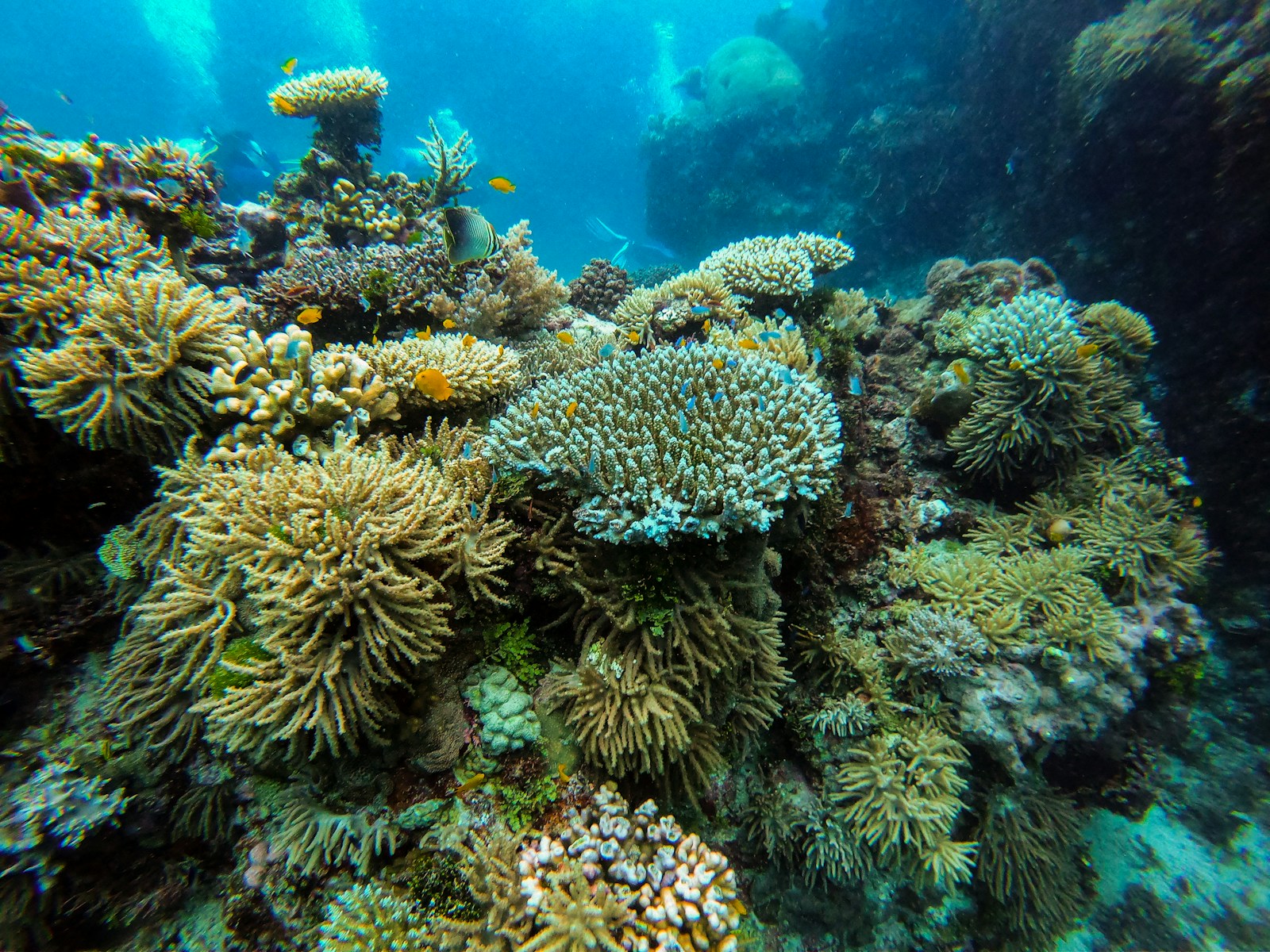A new study reveals the devastating impact of marine heatwaves, with up to 95% mortality in some coral genera. The findings highlight the urgency of addressing climate change to protect one of the world’s most vital ecosystems.
Key Points at a Glance
- Over 80% of coral colonies in the southern Great Barrier Reef were bleached by April 2024.
- Nearly half of the bleached colonies died by July 2024, with some coral genera experiencing up to 95% mortality.
- Heat stress and associated diseases like black band disease contributed significantly to coral mortality.
- The findings underscore the critical need for conservation efforts and climate action to preserve reef ecosystems.
The Great Barrier Reef, a global symbol of marine biodiversity, is facing a catastrophic crisis. A groundbreaking study led by scientists from the University of Sydney documents the devastating coral bleaching events of early 2024. Published in Limnology and Oceanography Letters, the research provides a stark picture of the southern reef’s decline due to unprecedented marine heatwaves.
The study, spearheaded by Professor Maria Byrne from the School of Life and Environmental Sciences, meticulously monitored 462 coral colonies at the University of Sydney’s Great Barrier Reef research station on One Tree Island over a 161-day period. The results are nothing short of alarming:
- By February 2024, 66% of coral colonies were bleached, and this figure surged to 80% by April.
- By July, 44% of the bleached colonies had succumbed, with the coral genus Acropora experiencing a staggering 95% mortality rate.
Professor Byrne explained the significance of these findings: “Our research underscores the urgent need for action to protect coral reefs, which serve as biodiversity hotspots and provide critical services such as food security and coastal protection. Even protected areas of the Great Barrier Reef were not immune to the extreme heat stress that caused this catastrophic bleaching event.”
The research highlights the complex interplay between heat stress, disease, and coral mortality. Goniopora corals, for instance, developed black band disease, a deadly condition that further exacerbated the mortality rates. This rapid onset of bleaching and disease, even among corals previously deemed resilient, underscores the unpredictability of reef ecosystems in a warming world.
Dr. Shawna Foo, a Sydney Horizon Fellow and co-author, remarked: “Seeing such high rates of mortality and disease in a pristine and remote reef is devastating. While protection alone could not prevent the impacts of the heatwave, observing the reef’s recovery potential will be crucial.”
Coral reefs are more than ecological treasures; they are vital to human livelihoods. They support fisheries, drive tourism, and offer coastal protection. The loss of these ecosystems poses a direct threat to the millions of people who rely on them.
Professor Ana Vila Concejo, a co-author from the School of Geosciences, stressed the urgency of immediate action: “This research is a wake-up call for policymakers and conservationists. Coral resilience is being tested like never before, and we must prioritize strategies that enhance their ability to withstand climate change. Immediate and effective management interventions are essential.”
The findings serve as a dire warning about the fragility of coral reefs under climate change. Collaborative conservation efforts involving local communities, scientists, and policymakers are imperative. Strategies must focus on reducing global emissions, protecting reef habitats, and enhancing resilience through proactive management.
As the world grapples with the escalating impacts of climate change, the plight of the Great Barrier Reef serves as a stark reminder of the need for urgent, unified action to preserve Earth’s natural wonders for future generations.
